to be of use
to be of use
the seven seeds of
meaningful work
DAVE SMITH
NEW WORLD LIBRARY
NOVATO, CALIFORNIA

Copyright 2005 by Dave Smith
All rights reserved. This book may not be reproduced in whole or in part, stored in a retrieval system, or transmitted in any form or by any means electronic, mechanical, or other without written permission from the publisher, except by a reviewer, who may quote brief passages in a review.
Permissions acknowledgments on page 247 are an extension of the copyright page.
Interior design by Tona Pearce-Myers
Library of Congress Cataloging-in-Publication Data
Smith, Dave, 1942 July 19
To be of use : the seven seeds of meaningful work / Dave Smith.
p. cm.
Includes index.
ISBN-13: 978-1-57731-490-5 (hardcover : alk. paper)
1. Success in businessReligious aspects. 2. WorkReligious aspects. 3. Professional ethics. I. Title.
HF5386.S674 2005
650.1dc22
2005014381
First printing, October 2005
ISBN-10: 1-57731-490-5
ISBN-13: 978-1-57731-490-5
 Printed in Canada on 100% postconsumer waste recycled paper
Printed in Canada on 100% postconsumer waste recycled paper
 A proud member of the Green Press Initiative
A proud member of the Green Press Initiative
Distributed by Publishers Group West
1 0 9 8 7 6 5 4 3 2 1
For my wife, Bev,
and our sons, Josh and Aaron
My only anxiety is what I can docould I not be of use and good for something?The world only concerns me in so far as I feel a certain debt and duty towards it and out of gratitude want to leave some souvenir in the shape of drawings or pictures to express sincere human feeling.
Vincent van Gogh
Trust that which gives you meaning and accept it as your guide.
Carl Jung
contents
T his is a book about our work and our business. Its about values and meaning, ideals and responsibility, spirit and hope, creativity and community. American culture has evolved from a pioneering agrarian culture, with lots of smallholdings and local shops, into a business culture dominated by giant corporations. We are all deeply involved in the business of business as we sit at our computers, create our art, write our books, and teach our classes. Business methods, practices, and values (or the lack thereof ) so dominate our lives that it is hard to imagine what people valued and how they felt in past cultures based on survival, war, religion, or fishing. One hundred years ago 90 percent of our population was self-employed. Thats now been reversed: today 90 percent of the gainfully employed in the United States work in organizations.
Because we find ourselves in a culture defined by business, it is at work, and in our work, that most of us define ourselves and become who we are. I was still in high school when I got my first job working part-time for a bank. To escape the humid heat of south Florida, where I grew up, I wrote on the job application that I wanted to work in a bank or insurance company or any office with air-conditioning. Thus, the data processing department of the First National Bank of Miami launched my business career, eclipsing my dads wishes that I follow him into the ministry.
We businesspeople are sometimes heroes of our culture, with college kids madly rushing for their MBAs in order to emulate us. At other times we take our places beside the used car salespeople, the lawyers, the politicians, and the stock market analysts as the least trusted people in America, people without values or scruples, out to make a greedy buck stealing widows savings.
I stayed in business not just to make a buck but to make a difference, not just to make a living but to make a life. I was a businessman during the sixties when my buddies shunned anything to do with business. I was a businessman during the seventies when the economy sucked and business was being blamed. I was a businessman during the eighties when business was cool, dude. I was a businessman during the nineties when everyone was clamoring to computerize the universe and get their first million by age thirty. Now its a new century. The rot and lack of values at the center of big business have been exposed, high-profile businesspeople are in court and going to jail, and yes, Im still a businessman.
Early on in my professional career, I realized that working for large corporations in a narrow technical specialty didnt suit me, and I gravitated to working in, creating, and turning around small businesses. At the same time, the narrowly circumscribed religion I grew up in lacked the openness and acceptance of other beliefs that I wanted to explore and understand, and I began searching for and finding common values available from the wide spectrum of wisdom traditions and religions that come to us from many cultures.
This values search began a progressive change in me. First I left a Christian Bible school to attend a community college to broaden my technical skills. There, I was elected president of the Young Christians Club and led demonstrations in suit and tie against long-haired Vietnam protesters. Only weeks later, in maybe my lifes most defining turning point, I joined those very protesters as chair of the Peace and Social Action Committee of the local Friends Meeting (the Quakers). When my father, an extremely conservative fundamentalist minister, questioned my choices, I explained that I was sincerely trying to live the values taught by Jesus in the Sermon on the Mount. My values hadnt really changed, only my understanding and application of them to changing times. I eventually quit my job in computer systems development, sold my Porsche, and began working with Cesar Chavez and the United Farm Workers Union for room, board, and five dollars a week.
As my search led me to realize, the simple core values in our own Western religious traditions are consistent with the simple values of the other great religious traditions once the obscurities added to them through the centuries of theology, doctrine, dogma, and politics have been peeled away to expose the true heart at their centers. Many others have pointed out that the worlds religions are all remarkably consistent. Their mystics, their truly wise, share common understandings and humbly deny any exclusive access to truth. Universal spiritual principles, called by some the perennial philosophy and ancient wisdom, are still our best, most basic guide to values and meaning, whether our philosophy of life is religious, spiritual, or secular.
Religions were formed out of ancient wisdom, with codified principles and commandments, but the wisdom itself was gained and passed along before there was a Confucius, a Buddha, a Muhammad, a Moses, or a Jesus to build religions around. Ancient values, advanced through millennia of human experience and inner searching and lived by the wise and caring of all eras, are timeless. They continue to help people get along with others, and they anchor our shared agreements as we find our ways through this life together. This wisdom continues to evolve and is progressively redefined as we live our lives and examine why we are here.

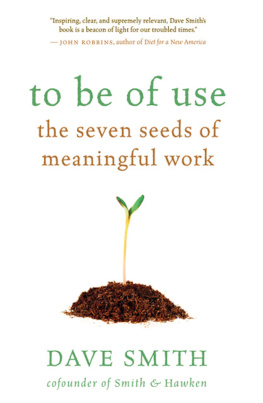
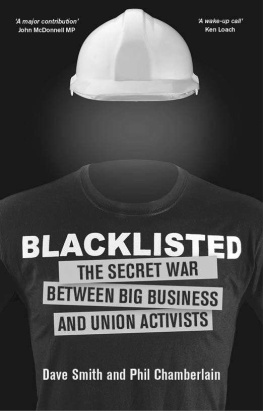
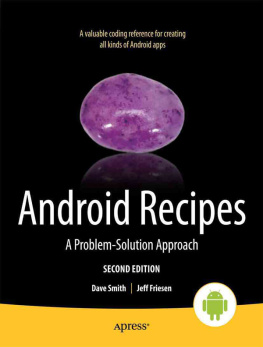

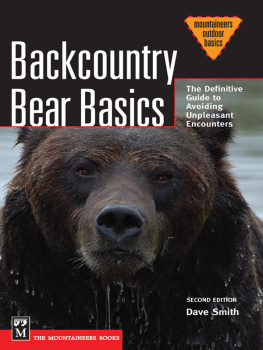
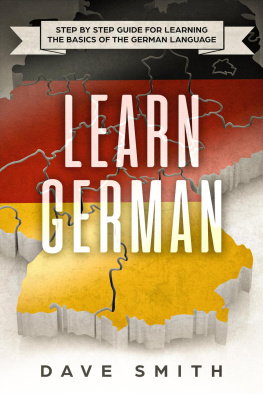

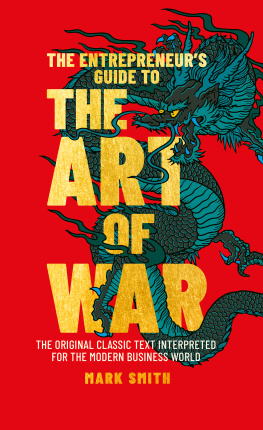
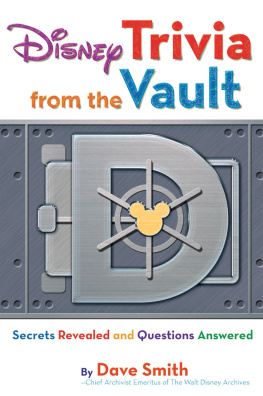
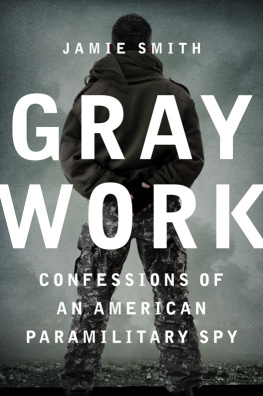
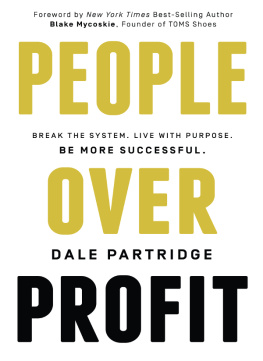
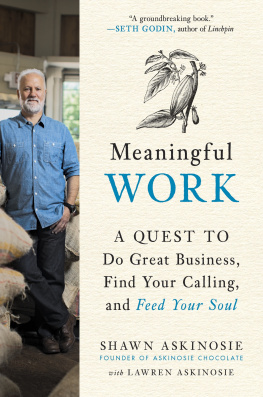
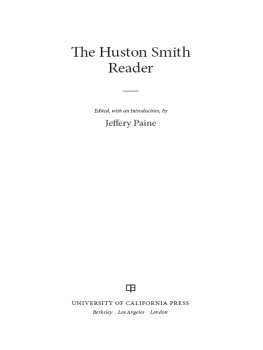



 Printed in Canada on 100% postconsumer waste recycled paper
Printed in Canada on 100% postconsumer waste recycled paper A proud member of the Green Press Initiative
A proud member of the Green Press Initiative